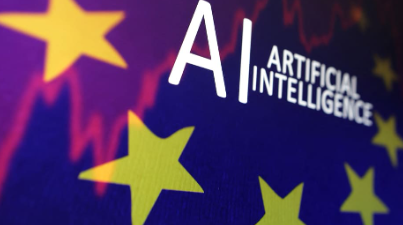The European Union’s AI Act, a comprehensive law governing artificial intelligence, has officially entered into force. This legislation aims to address the negative impacts of AI and will primarily target large US technology companies, which are currently the primary builders and developers of the most advanced AI systems.
Key Points:
– The AI Act sets out a risk-based approach to regulating AI, with strict obligations for high-risk applications.
– High-risk AI systems include autonomous vehicles, medical devices, loan decisioning systems, educational scoring, and remote biometric identification systems.
– The law imposes a blanket ban on unacceptable-risk AI applications, such as social scoring systems, predictive policing, and emotional recognition technology in the workplace or schools.
– US tech giants like Microsoft, Google, Amazon, Apple, and Meta will be heavily impacted by the new rules.
– Generative AI is labeled as “general-purpose” AI, with strict requirements such as respecting EU copyright law, issuing transparency disclosures, and carrying out routine testing and adequate cybersecurity protections.
– Companies that breach the EU AI Act could face fines of up to 7.5% of their global annual revenues.
The AI Act’s provisions will not come into effect until at least 2026, with restrictions on general-purpose systems beginning 12 months after the law’s entry into force. Generative AI systems currently commercially available will have a 36-month transition period to get their systems into compliance.
